Accommodate x Yale-NUS l'dECO
On 9 March 2018 , a closed-door session of Accommodate was held in Yale NUS with I’dECO: Yale-NUS Sustainability Movement. Other than the gameplay stimulation, a presentation on Accommodate and I’dECO initiatives was also carried out.
7 participants from I’dECO and 4 team members from Accommodate were present.
Part I: Sharing on Accommodate
A short sharing on Accommodate, past initiatives and future plans was given.
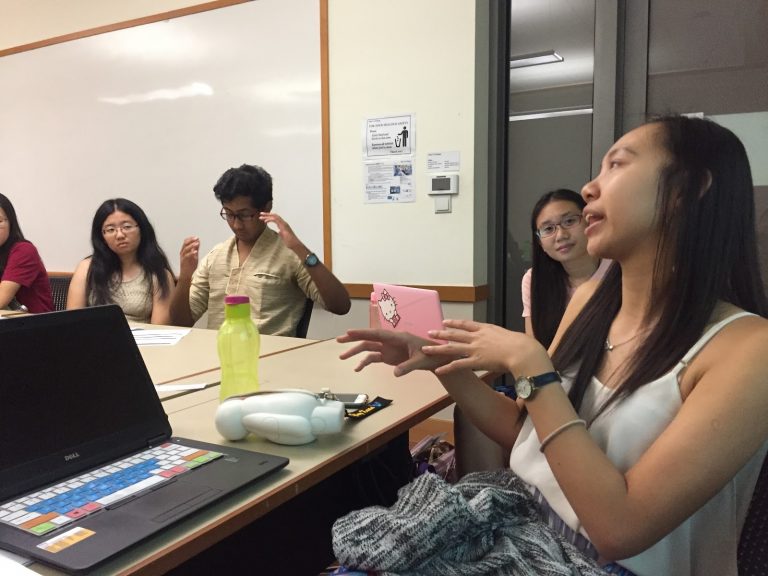
Part II: Gameplay Stimulation
Accommodate III was run
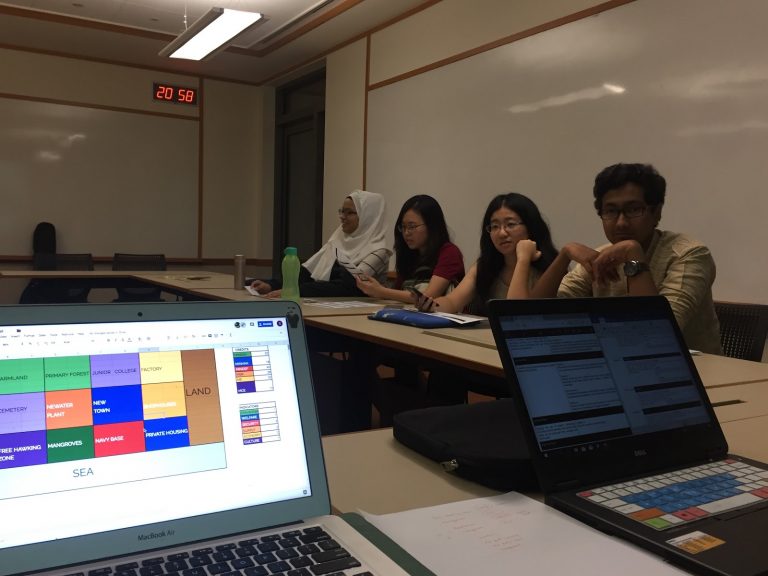
Changes to the game
The updated version included a few new elements in terms of new land use and issues, and new game mechanisms:
- Landuse and Issues
- The closure of Junior Colleges
- The introduction of Liquified Natural Gas Terminals
- The redevelopment of Cemetary
- Game Mechanisms
- A climate change variable was added whereby at the end of the first round, ministries which owned coastal land had to flip a coin to decide whether their land was submerged (unless it was a mangrove)
- Minimum bids to increase the intensity of bidding
Part II: Debrief, Sharing by I’dECO and Feedback
After the game, a debrief of the issues brought up during the game play was carried out. I’dECO then provided feedback on how they think the gameplay can be improved, which included:
- Potential of the game to help people visualise and experience many environmental concepts that are normally considered rather complex such as tradeoff and power
- Learning needs to be made more deliberate and the discussion can take place during the game instead of just after
- One suggestion to incorporate discussion into the game is to design the three rounds differently. The first round is a normal bidding round as with the current game design. The second is a ‘monopoly’ where every player decides what he/she would have done if he/she had a monopoly of the whole potential plot of of land to be used. This would allow each player to reflect on his/her own strategy and priorities. Last round would be a negotiation where players determine the land use on the same plot together by trying to overlap their respective strategies from round 2 but also with different interests as in round 1. In negotiating the land use, they would be sharing about why they make certain choices over others, what the collective priorities should be. This may encourage more discussion and stronger display of power differences across the groups.
- Beneficial to have stronger, more identifiable links to Singapore context so that players can think about the actual problem when making decision in the game. This may add an interesting layer of contextual knowledge to the decision-making process.
I’dECO also gave us an overview of their programmes, noting a possible collaboration in their SEAL Programme in December.
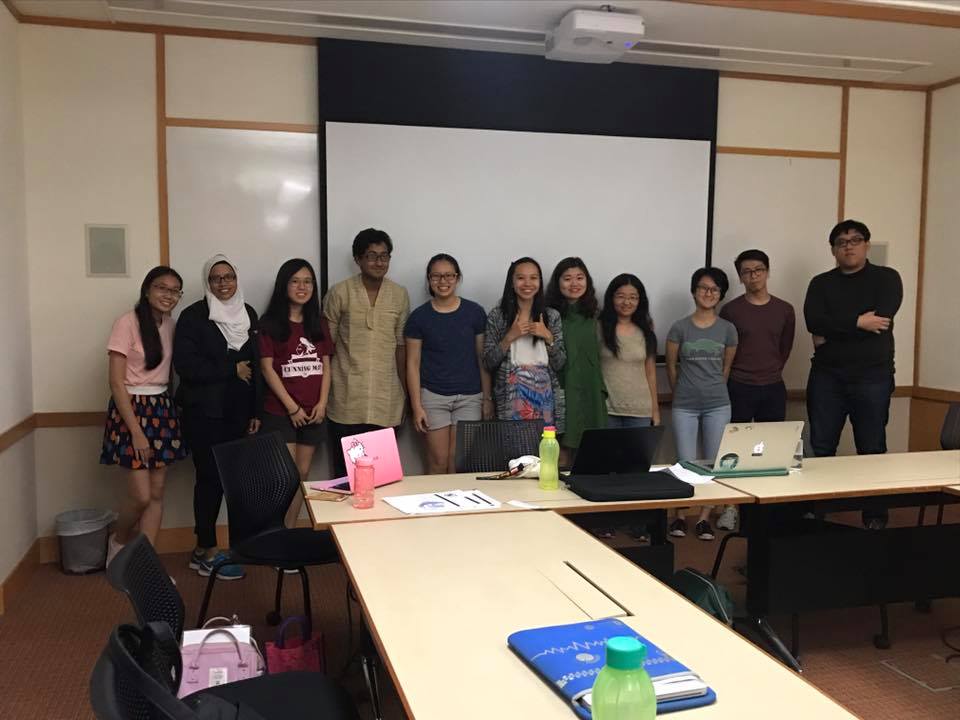
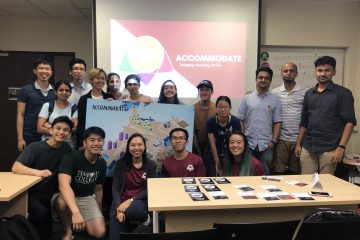
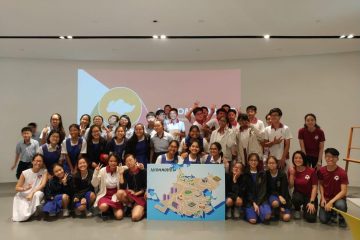
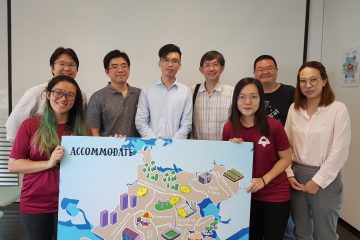
0 Comments